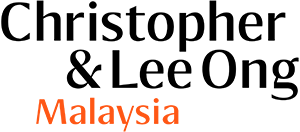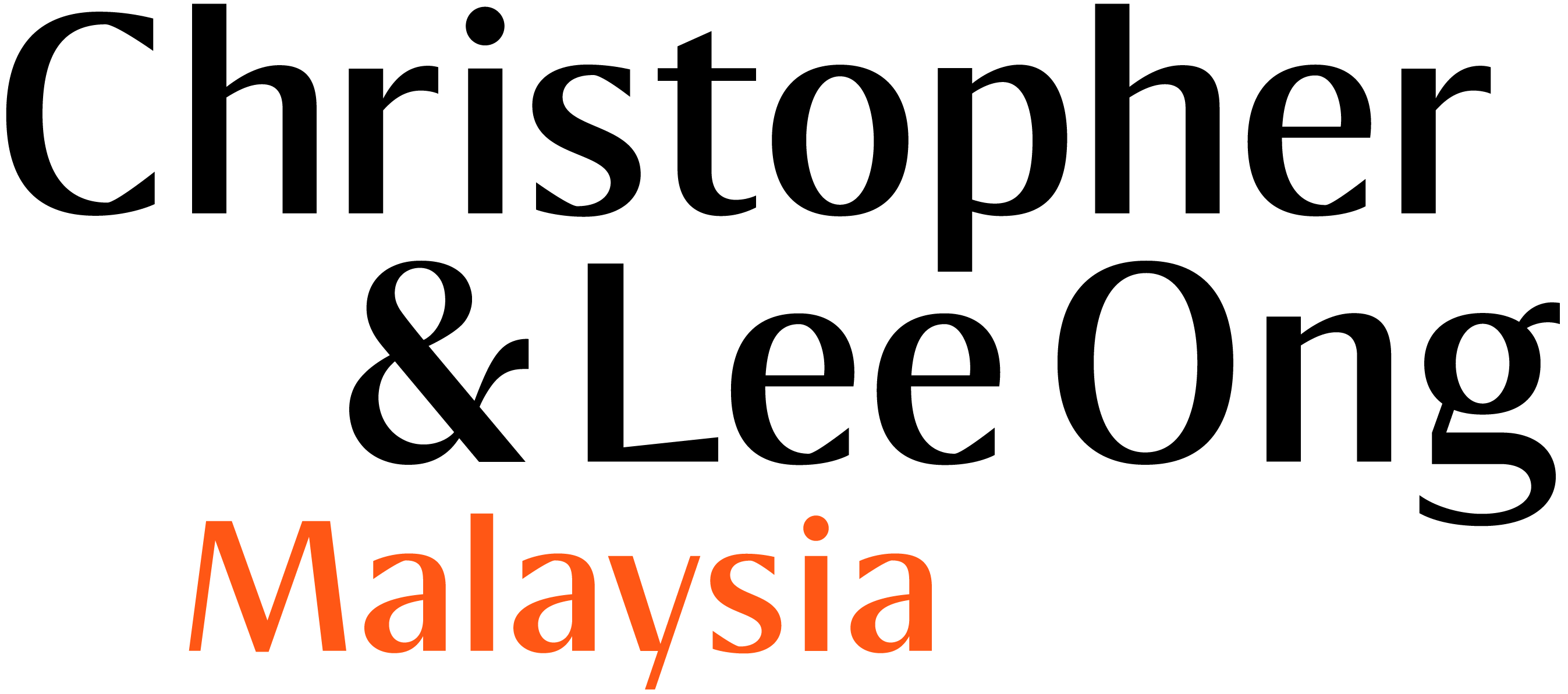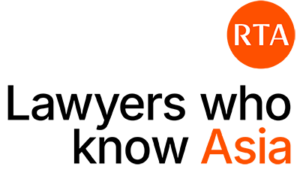First Corporate Liability Charge under the Malaysian Anti-Corruption Commission Act 2009
On 18 March 2021, the Malaysia Anti-Corruption Commission (“MACC“) announced that it has charged a company providing ship rental services with an offence under Section 17A of the Malaysian Anti-Corruption Commission Act 2009. This is the first time that MACC has charged a company under this provision, which came into force on 1 June 2020.
For context, Section 17A imposes liability on a company and its officers holding managerial positions if persons associated with the company offer a bribe to a third party for the company’s benefit. The maximum penalty for this offence is a fine of up to RM1 million or 10 times the value of the bribe (whichever is higher), or up to 20 years’ imprisonment, or both.
For more information, click here to read our Legal Update. This Update provides a brief background of the case and the key issues directors and management should be cognisant of when performing their role in the company. These include: (i) directing attention to the red flags; (ii) the steps to take to afford a defence; (iii) how-tos in navigating differing Board opinions; (iv) allocation of resources to analyse bribery risks to transactions presented to the Board; (v) insurance options; and finally, (vi) a reminder on the statutory duty to report bribery offences.
LSS4 or LSS@MEnTARI: Results and Analysis
The Energy Commission of Malaysia (“EC“) had, on 12 March 2021, announced a shortlist of winning bidders for its fourth competitive bidding programme on the development of large scale solar power plants in Peninsular Malaysia (dubbed the LSS@MEnTARI and generally referred to by the industry as “LSS4“). The LSS4, launched in May 2020 in the midst of the COVID-19 pandemic, has the stated aim of stimulating the recovery of the economy and is largely seen as an opportunity for those who were unsuccessful in the previous bidding programme (“LSS3“) to repurpose their submission packages. This is also perceived as a move to placate local players’ claims that the outcome of the LSS3 programme did not result in enough jobs for local contractors, and that the LSS3 programme was not favourable to local players.
The LSS4 has not been without its own set of issues. For instance, there has been confusion about whether foreign participation would be allowed as EC had issued conflicting views on this. Eyebrows were also raised when the LSS4 results were not released by the end of 2020, as expected, in order to allow shortlisted bidders sufficient time to achieve EC-prescribed project milestones.
The LSS4 results, issued by EC on 12 March 2021, shortlisted 30 out of 137 bids received and awarded projects of an aggregate of 823.06MWa.c. (out of the 1,000MWa.c. offered during the bid submission stage). Closer inspection of the results highlight that there are several listed companies that are new entrants to the solar power generation industry. Some of these are primarily involved in “brown” industries, and their involvement would indicate a shift to adopt a more environmental, social and governance (ESG)-conscious approach in their business or activities.
We note that there has also been a shortfall in the aggregate capacity won by the shortlisted bidders, as only an aggregate capacity of 823.06MWa.c. was taken out of the initial plan to develop 1,000MWa.c. of LSS plants. The shortfall could have seen an additional three to six projects being awarded. The P2 Package (30MWa.c. – 50MWa.c) offered under LSS4 had generally attracted more competitive bid prices compared to the P1 Package (10MWa.c. – 29.999MWa.c.). Further, the targeted amount of 500MWa.c. under the P2 Package was met with all awards made to projects of 50MWa.c., being the maximum capacity on offer.
Overall, EC appears to have met its aim of parcelling out LSS4 awards on a more “equitable” basis to local players, with the consequent result being more jobs for local contractors. However, it may have come at a price as EC’s actions in prohibiting foreign participation has been widely viewed as a protectionist move which may not augur well for the economy. For future programmes, it would be encouraging to select the winners from a pool of both local and international bidders competing on a level playing field.
The Malaysiakini Decision: Apex Court’s Ruling on Liability of Online Intermediary Platforms for Third-Party Content
On 19 February 2021, the Federal Court in the case of Peguam Negara Malaysia v Mkini Dotcom Sdn Bhd & Another [2021] 2 MLJ 652 found Mkini Dot Com Sdn. Bhd., the owner and operator of the Malaysian online news portal ‘Malaysiakini’ (“Malaysiakini“), liable for contempt of court in relation to third-party comments that were posted on Malaysiakini’s website. The Federal Court had imposed a fine of RM500,000 on Malaysiakini because the court found that the contempt committed, which involved baseless allegations of corruption regarding the Chief Justice of Malaysia, was severe and undermined public confidence in the Judiciary.
Malaysiakini was held liable based on Section 114A of the Evidence Act 1950 (Act 56) (“Section 114A“) which presumes Malaysiakini to be the publisher of the impugned comments based on the fact that: (i) Malaysiakini depicted itself as the host of the comments; and (ii) Malaysiakini facilitated the publication of the comments. Notwithstanding Malaysiakini’s contention that it had adhered to the “flag and take down” approach in compliance with the Malaysian Communications and Multimedia Content Code, this was held to be insufficient for online intermediary platforms like Malaysiakini to rebut the presumption under Section 114A and avoid liability for third-party content. The Federal Court’s decision has therefore placed a very high standard of care on online intermediary platforms that exercise control over third-party content.
Amendments to the Industrial Relations Act 1967
By way of the Industrial Relations (Amendment) Act 2020 which came into force on 1 January 2021, the Industrial Relations Act 1967 (IRA) was amended, amongst others, to include:
- A representation by a workman regarding unfair dismissal will be referred directly to the Industrial Court unless there is a settlement between the workman and the employer. Previously, the Minister of Human Resources was empowered to decide whether the representation raised serious questions of fact or law that ought to be referred to the Industrial Court, before such reference was made.
- The Industrial Court is now empowered to continue with the hearing of the matter notwithstanding the death of the workman. Previously, upon the death of the workman, the Industrial Court proceedings would be disposed of.
- The application of interest on Industrial Court awards at the rate of 8% per annum or such lesser rate as the Industrial Court may direct. Previously, the Industrial Court had no power to make an award for interest.
- An unsatisfied party can now appeal directly to the High Court against an Industrial Court award. Previously, there was no avenue to appeal against an Industrial Court award, and an unsatisfied party only had recourse to judicial review proceedings.
Licensing Framework for Digital Banks
On 31 December 2020, Bank Negara Malaysia (“BNM“) issued the Licensing Framework for Digital Banks policy document (“Licensing Framework“), together with a set of Frequently Asked Questions. The Licensing Framework has been developed for digital banks to provide banking products and services to the underserved or unserved market, wholly or almost wholly through digital or electronic means.
The Licensing Framework sets out, amongst others, (i) the eligibility requirements and application procedures for applicants; and (ii) the business limitations, regulatory requirements, and business activities that must be undertaken by digital banks. To enable the admission of digital banks with strong value propositions without compromising the integrity and stability of the financial system and depositors’ interests, BNM has imposed certain safeguards on the initial operations of digital banks such as requiring licensed digital banks to operate with an asset limit for the first three to five years of operations.
The Licensing Framework came into effect immediately upon issuance, and interested applicants have until 30 June 2021 to submit the licence applications. BNM targets to notify successful applicants (limited to five licences in the initial rollout) in the first quarter of 2022.
Please note that whilst the information in this Update is correct to the best of our knowledge and belief at the time of writing, it is only intended to provide a general guide to the subject matter and should not be treated as a substitute for specific professional advice















